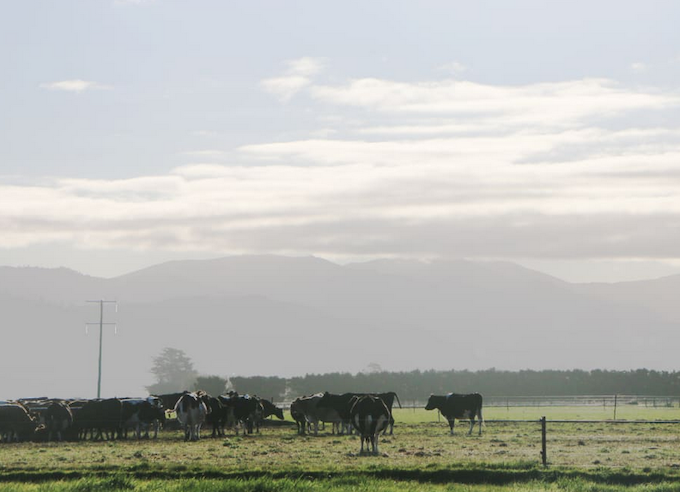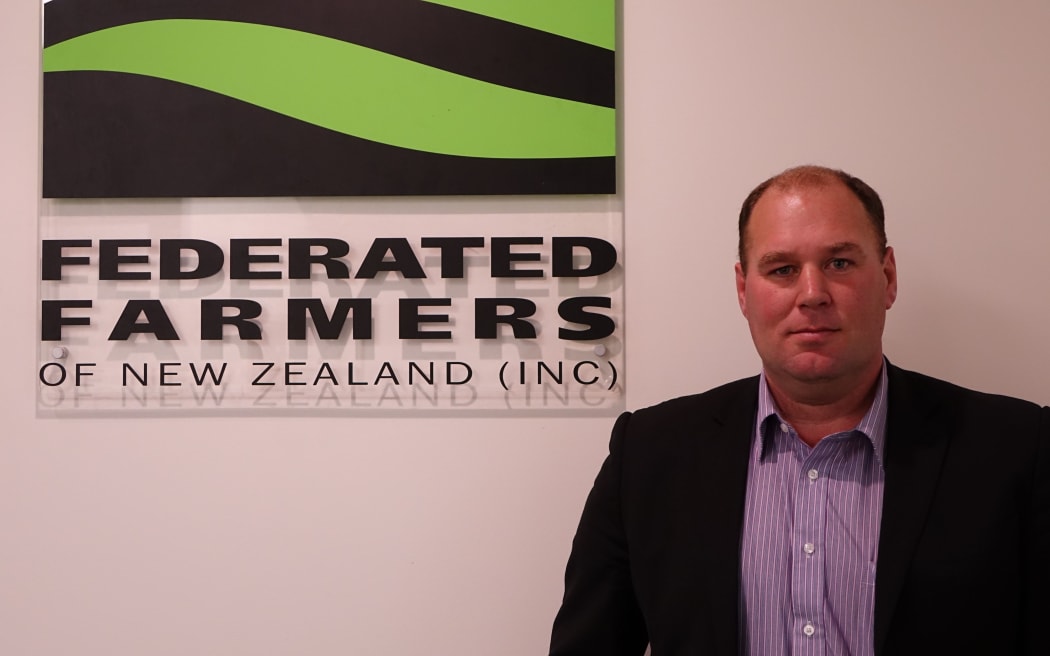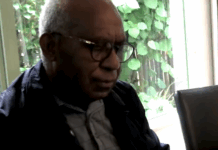
A climate activist furious with the Aotearoa New Zealand government’s watering down of the proposed emissions pricing scheme says he hopes for stronger environmental representation from the Pāti Māori and the Green Party next year.
David Tong told RNZ Morning Report he wanted the proposed Agricultural Emissions Pricing Plan reconsidered, but acknowledged it could be rolled back even further after the next election.
Despite advice from the Climate Change Commission to base behavioural change on the rising price of carbon, farmers will now be charged the lowest levies possible.
- LISTEN TO RNZ MORNING REPORT: David Tong on the proposed emissions pricing scheme
- Other climate action reports
They will be able to manage and report their emissions as collectives.
More types of tree and vegetation cover can now be used to offset emissions.
Tong said it was a humiliating move for Green Party coleader James Shaw to be Climate Change Minister at the time of this decision.
Tong told Morning Report it was appalling that after years of lobbying the farming sector had been able to further erode an already flawed process that would have only reduced agricultural pollution by 1 percent.
He said having a pricing mechanism was good, but it needed to be effective in reducing carbon emissions.
‘Not fair on rest’
“In 2017, when New Zealand First-Labour coalition deal committed to putting agriculture into the Emissions Trading Scheme.
“Now five years later, after delay and prevarication, the entire sector — the biggest polluting sector in the country — has been given its own special deal and a commitment to have the lowest price possible.
“That’s not fair on the rest of us.
“I’d like to see all sectors paying the cost of their emissions. Farmers are just as any other sector — they are an emissions intensive trade exposed sector.”
He said the government had not locked in a strong process, but rather a compromised process that could still be rolled back further by National and lobbyists.
Those in the farming sector now coming out and attacking the scheme further demonstrated a lack of genuine engagement in negotiating towards a consensus deal between government and the sector, he said.
“The same agricultural lobby groups who are part of designing the system have come out to attack it. That shows that there is not a good faith engagement in the system and the government is trying to negotiate with organisations that operate that way.
Hope in minority parties
Tong was putting his hope in minority parties strengthening their commitment to environment policies and being able to influence decision-making.
“We’re hoping that in the coming election year there is a stronger environmental representation from Te Pāti Māori and the Green Party, and that this could be reconsidered,” he said.
“However, there is also the possibility that it could be rolled back to an even more compromised state.”
James Shaw declined to be interviewed on Morning Report, as did Minister of Agriculture, Damien O’Connor.

Federated Farmers remains opposed to the government’s Agricultural Emissions Reduction scheme, despite changes in its favour.
The body said the policy was still too vague, and it would not agree to any pricing scheme until a review of the methane targets is undertaken.
Federated Farmers president Andrew Hoggard told Morning Report the government’s emphasis on targets based on generalised global data meant farmers had a hard time accepting the plan.
Signed up
“We signed up at the start on the basis that we would support a pricing mechanism that applies at the margin, that’s only there to incentivise the uptake of mitigations and doesn’t lead to emissions leakage,” he said.
“So go back to those original founding sort of principles for this. If we can get there, then, you know, we’d be on board, but at the moment, we’re not there.
“We believe the targets are too high. They’re not based on latest science around how stable methane actually impacts on warming.”
He wanted the government to establish data and targets “required for no additional warming from New Zealand agriculture”. Targets based on generalised global data should not apply to New Zealand farmers who already work sustainably, Hoggard said.
He believed there was a need to improve sustainable methods of global food production and that New Zealand does so within its own borders, so that others in the world need to follow that example.
“What the planet needs to do is actually improve the efficiency of food production elsewhere and in New Zealand we can still keep trying to do more and better,” he said.
“The solution is going to be developing more mitigations at the moment that the toolbox is pretty damn empty. There isn’t a lot we can do beyond just cutting production, and it makes very little sense when we’re one of the most efficient in the world.”
This article is republished under a community partnership agreement with RNZ.












































